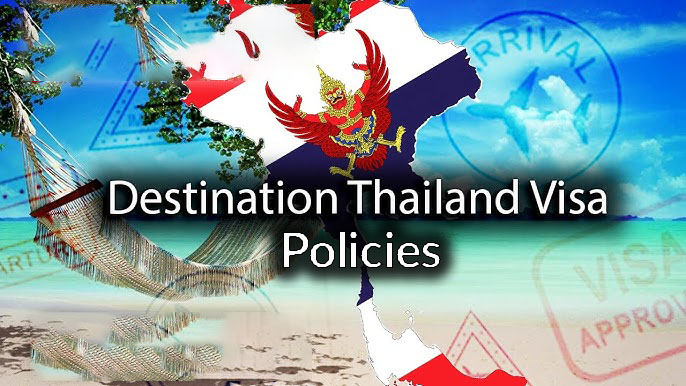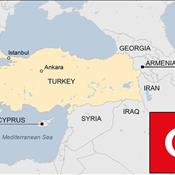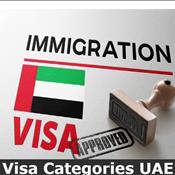
Thailand is one of the most popular and most visited tour destinations among tourists. Due to its beautiful and iconic beaches and scenic views Thailand is usually crowded most of the time especially in peak seasons. But now Thailand announced numerous upcoming changes to its visa policies for their tourists.
According to Traisulee Traisoranakul, the spokesperson for the Thai Ministry of the Interior, the country's immigration regulations have just undergone four changes. The Ministry of the Interior has announced the following four rules and regulations and decisions, which will go into effect for the year 2024 to 2025 probably.
Thai visa Exemption Extended to 60 Days:
Visa exempt travelers will now need to get an ETA prior to every trip due to Thailand's new Electronic Travel Authorization (ETA) system. Travelers can enter Thailand for a maximum of 60 days with the ETA, and they can choose to remain an additional 30 days for their stay. Establishing a list of nations and territories whose citizens possess passports or other travel documents, are exempt from the need for a visa and are permitted to enter Thailand for a maximum of 60 days temporarily for tourism, business, or short term work purposes. There are currently 93 countries and territories including Pakistan on the list, up from the previous 57.
Other Nationalities that can Obtain a Visa Upon Arrival in Thailand:
According to the new rule and policies issued by the Thai government up to 31 countries and territories are eligible to avail Visa on Arrival (VOA) at immigration checkpoints, up from the previous 19 countries and territories.
Introduction of the Destination Thailand Visa:
The Destination Thailand Visa DTV is a new visa category that was introduced for individuals who want to visit and work in Thailand at the same time. Highly trained people, independent contractors, remote workers, those who wish to remain with the intention to learn Thai boxing and martial arts, take cooking classes, train for sports, seek medical care or treatment. to attend seminars, training sessions, and exhibitions of art and music are all included in this category. The DTV (destination Thailand Visa) will allow its holder to stay in Thailand for up to 180 days per entry and will be valid for 5 years for this category.
Extension of Stay Duration for Some Students:
In an effort to bring in qualified and potential employees for the nation's labor market, the rights of international students who enter the country on a non immigrant "ED" visa to study or to pursue higher education are allowed the extension depending on their criteria. After graduation, the stay in Thailand is extended for a year in order to travel, to seek for work, or engage in other skilled based activities.
Other Important Rules and Regulations Set by the Thai Government for Tourists.
There are several Thai laws that are set for international visitors which must be followed such as
Use of Tobacco:
It is against the rules for people to smoke in buildings or public places. Only specific spaces, mostly outside ones, are permitted for smoking. In many taverns, restaurants, and pubs, smoking is also prohibited
Use of alcohol:
Use of alcohol or purchasing and selling it is not illegal or prohibited in Thailand , Tourists can have it but they should keep in mind that there are various limitations on the times and locations where alcohol can be sold, buy or sell alcohol.
Rules for Passport to visit Thailand:
You must have a passport that is valid for at least six months after the departure date. Having a minimum of two unused pages for entry and exit stamps is also advised.
Yellow fever testing:
It is a rule for tourists that they must obtain an International Health Certificate which is necessary if you are leaving or travel to Thailand country that has been designated as a Yellow Fever Infected Area.
Conditions of entry and departure:
Conditions for entering and leaving can change quickly on a short notice.
;More Travel News
-
 18-May-2023Top 10 Questions People Ask About Turkish Visa from Pakistan
18-May-2023Top 10 Questions People Ask About Turkish Visa from Pakistan -
 02-Feb-2021Visa Categories UAE
02-Feb-2021Visa Categories UAE -
 22-Feb-2021Kuwait Lifts Travel Restrictions From 35 Countries From February
22-Feb-2021Kuwait Lifts Travel Restrictions From 35 Countries From February -
 13-Jun-2024Top 10 beautiful countries to visit if you are going to Europe
13-Jun-2024Top 10 beautiful countries to visit if you are going to Europe -
 02-Apr-2019How to Safely Travel in Pakistan
02-Apr-2019How to Safely Travel in Pakistan -
 18-Nov-2019Madinah Airport Duty-free stores 2019
18-Nov-2019Madinah Airport Duty-free stores 2019 -
 10-Sep-2024WhatsApp Calls Don’t Work in UAE. Instead You Can Use These Apps for Voice and Video Calls
10-Sep-2024WhatsApp Calls Don’t Work in UAE. Instead You Can Use These Apps for Voice and Video Calls -
 27-Oct-2021List of countries that Thailand drop quarantine
27-Oct-2021List of countries that Thailand drop quarantine
